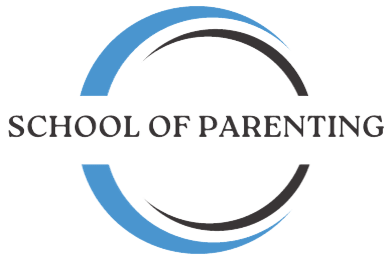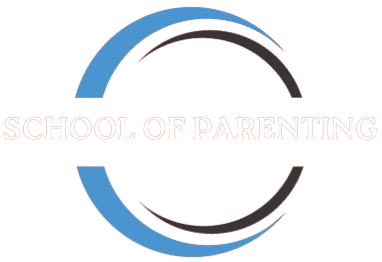
Parental favoritism is a topic that can stir up a lot of emotions, and it’s an issue that’s as old as time itself. Imagine a parent who, perhaps unknowingly, shows more love and attention on one child while the other feels like they are constantly in the shadows. This isn’t just a scenario from a movie; it’s a reality for many children.
Here is a personal story and it’s a heartbreaking reality for many.
“I’ve always known without any iota of doubt that my mum loved my sister more than she loves me,” she says. She recounts, “I was always beaten because of my younger sister, even when she was obviously at fault. My mum always justified it with, ‘don’t hit her, she’s just a child.'” Another shared, “I noticed that my mum would give my younger sister money, but when it came to me, she’d say she didn’t have any.” The tales go on, “I spent two years getting through my one-year university course because I had to work to pay my fees, while my parents paid the full amount for my brother.” Another said, “My brother gets glorified for being a social butterfly while for me, nothing of such happens.” One said, “My brother got all the attention you can ever think of because he plays football, while I get no attention.”

The truth is, parental favoritism is real and very common across the globe. It is what parents consciously or unconsciously do on a daily basis, and it is not going to get any better unless parents consciously do something about it.
But what exactly is parental favoritism, and why does it happen?
Let’s go.
Parental favoritism is much more complex than anyone can imagine. So, it’s simply when parents give preference to one child over another. This favoritism can manifest in various ways.
Special love and attention, privileges, going out of their way to help, or even providing excess freedom to one child compared to the other. These are things parents do without even realizing. It’s when you let one child get away with certain things while the other child can’t.
Now, let’s get to know some eye-opening statistics and reflections to gain insights that will broaden your perspective on parental favoritism
Studies show that 85% of adults are aware that their parents had favorites when it came to siblings.
These are the same parents who claim to love their children equally. The studies say it’s normal for a parent to have a favorite child.
“Have you ever wondered why it is often the younger child in the home that turns out to be the favorite?”
It is also said that mothers play a higher role compared to fathers when it comes to parental favoritism. The Journal of Consumer Psychology study in 2018 showed that “when it comes to spending money, mothers may be positively biased towards their daughters, and fathers towards their sons.” I personally agree with this study.

What about you?
Who’s your favorite child? Is it your first, middle, or last child? Why is that child your favorite? “Well, I’ll leave you to answer these questions yourself even though I do not expect you to admit but the fact is it is very natural to have a favorite child.
I’ll advise you to love your children equally and treat them differently. Some parents will say, ‘I love my children equally and I treat them equally,’ but I’d like you to know that treating your children equally does not curb parental favoritism because it is not possible for all your children to love or need the same thing at the same time.

As we explore this issue, consider the following viewpoints on the natural action of parental favouritism and the advice to navigate it thoughtfully
Dear Parents,
In the intricate dance of parenthood, it’s easy to unknowingly sway towards favoritism. Each of your children is a radiant star, shining with unique qualities and potential. Embrace diversity within your family and love your children equally. Again, threat them differently.
Celebrate their strengths, quirks, and dreams with joy. Understand their different needs and aspirations. By honoring these differences, you create harmony. Avoid comparisons amongst your children. Each child’s journey is unique. Create a nurturing environment where your individual child feels seen, heard, and valued. Encourage independence. Foster a safe space for them to express themselves. Build strong connections based on trust and understanding.

See below link for previous post on
https://schoolofparenting.co.uk/2024/02/19/effects-of-parental-favouritism/


